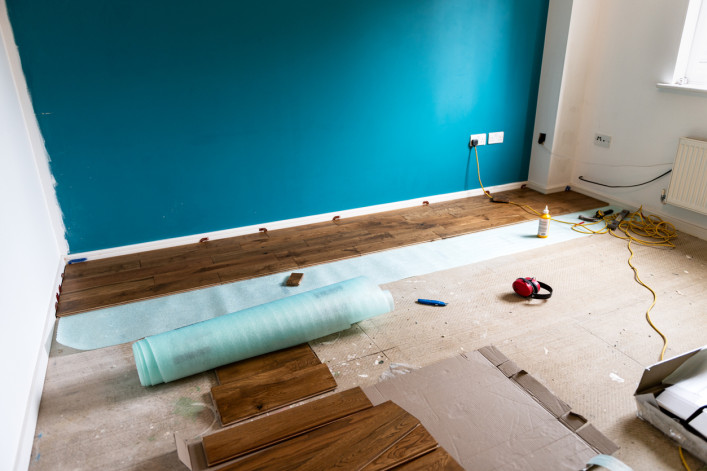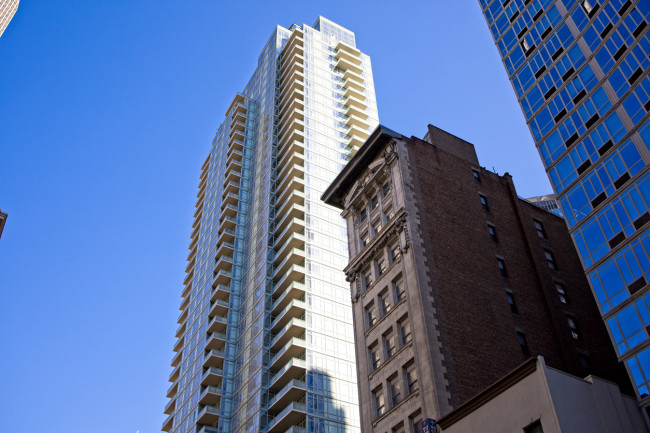What is renovation insurance and how much does it cost?

There are several types of insurance policies that will protect you during a renovation.
iStock
If you plan to renovate in New York City, it's a good idea to know what types of insurance you (and your contractor) need—which will depend in part on how big a project you are doing. That's because there is no single renovation insurance product, instead there are a few types of policies—and you'll find that a couple of them need to be in effect to protect you against major liabilities.
Your first step is to communicate: Let your insurance carrier know you're renovating. Some scenarios can void your standard homeowner's insurance, like moving out of your place while work is done. In addition, a standard policy won't cover you if something goes wrong while you are doing a major renovation.
Another reason to tell your insurance carrier about a major upgrade is that the work can increase the amount of money an insurer would need to pay out if there was a fire or flood. You don't want to find your newly remodeled place is not accurately insured. You also want to avoid any penalties that might be imposed by not notifying them about major construction work.
In addition, most home insurance assumes you are living in the apartment so if you have to move out while the work is done, it could affect your policy.
"Do not assume your standard apartment policy will provide coverage. It may, but you have to ask your broker or agent. Coverage will vary by insurer and location," says Jeffrey Schneider, president of Gotham Brokerage (a Brick Underground sponsor). His company offers policies that will give you renovation coverage on a limited basis but says most standard issuers do not write it.
DIY or major remodel
"Generally, if you are buying a new place and doing some light work for a few weeks like painting or refinishing the floor, you will have coverage under a standard policy," Schneider says.
However, if you are doing structural work, or work that goes on for a few months, or a gut renovation, you will usually need a separate builder's risk policy. This covers you against damage to the property while it's under construction as well as damage to materials involved in your renovation, although Schneider says flood from rising waters would be excluded under most policies.
The cost of a builder's risk policy will depend on the scope of the work and the values involved. As an example, Schneider says if you had a $750,000 condo of around 900 square feet and you did a gut renovation, the cost would probably be about $1,800 annually with penalties for short-term cancellation.
"This would cover the interior structure for $200,000 and premises liability for $500,000," he says.
Due diligence on your contractor
Adding yourself to the general liability coverage
In most cases you should be added as an additional uninsured on the general liability coverage. Samman says this coverage is always worthwhile. Most buildings mandate this, and boards will want to be added as an additional insured as well. This covers you if the contractor causes damage to your place or your neighbor or the common areas.
"But this does not protect you if there is damage to your place–or damage to an apartment below—that is not caused by your general contractor or has an undetermined cause," Schneider says.
You'll also want to have some frank conversations with your contractor about the current supply chain issues. Delays can add substantial costs to the work you're doing and there is no coverage for incurred or increased costs due to delays.
"Consult your insurance broker and the management company and discuss what they feel would provide the most and required coverage for the project you are taking on," Samman says.
You Might Also Like




























